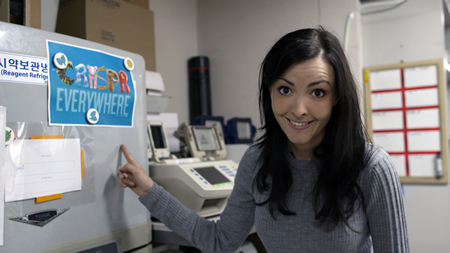When: Monday 12th November, 3:55pm – 4:40pm
Where: Theatre, Level 2 down the stairs to the right of the registration/foyer area
Hashtag: #M14
This session will be a participatory crowd sourcing event in which conference attendees will nominate a problem, and the conference will crowd source a solution, using the combined knowledge and experience of participants.
Workshop Presenter
Craig Cormick, Science Communicator and writer



















